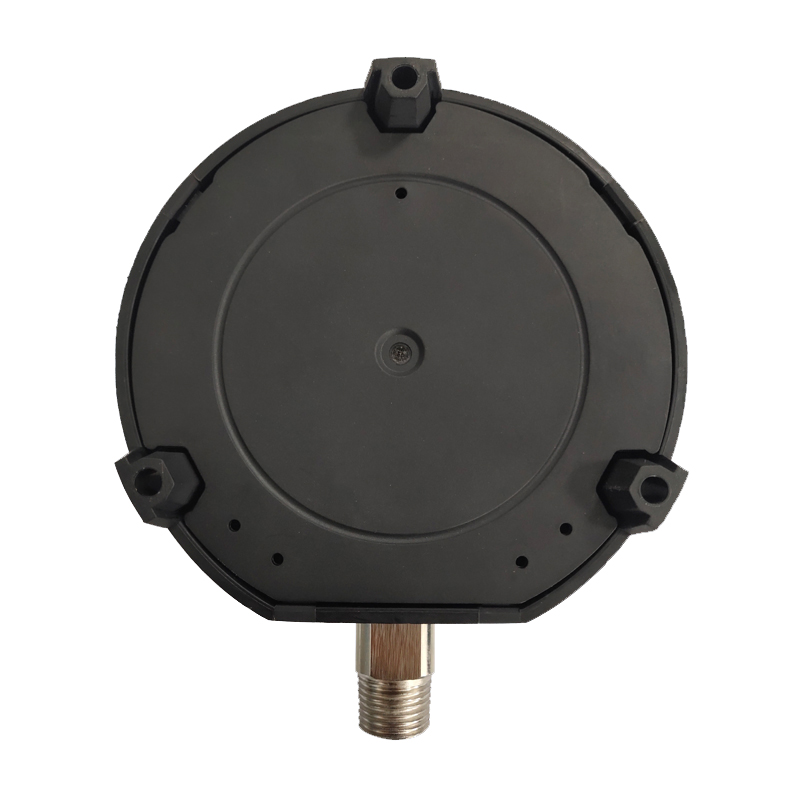
Nov . 27, 2024 02:28 Back to list
Leading Manufacturers of Differential Pressure Gauges for Precision Measurement
Understanding Differential Pressure Gauges A Guide to Manufacturers and Their Factories
Differential pressure gauges are essential instruments used in a variety of industrial applications. They measure the difference in pressure between two points in a system, which can be critical for monitoring the performance of equipment, ensuring safety, and maintaining process efficiency. As industries ranging from oil and gas to pharmaceuticals rely on accurate pressure measurements, the demand for high-quality differential pressure gauges from reputable manufacturers has grown significantly.
What Are Differential Pressure Gauges?
Differential pressure gauges function by measuring the pressure difference between two points in a system. This measurement is vital in various applications, including fluid flow monitoring, filter performance evaluation, and level measurement in tanks. These gauges can be analog or digital, with each type offering distinct advantages. Analog gauges typically provide straightforward readings with a dial and a needle, while digital gauges offer enhanced features such as electronic displays and data logging capabilities.
The Importance of Quality and Reliability
When selecting a differential pressure gauge, the quality and reliability of the manufacturer are paramount. A well-manufactured gauge can ensure accurate readings, which are crucial for the safe and efficient operation of industrial processes. Manufacturers invest in advanced technologies and rigorous quality control processes to produce gauges that withstand harsh environments, including extreme temperatures, corrosive substances, and high-pressure situations.
Key Features to Look for in Differential Pressure Gauges
1. Accuracy and Precision The primary function of a differential pressure gauge is to provide accurate measurements. Look for manufacturers who emphasize accuracy in their production processes and offer gauges with calibration certificates.
2. Material Construction The materials used in the gauge's construction should be suitable for the specific application. Stainless steel, for example, is common for corrosive environments, while brass may be suitable for less demanding applications.
3. Range and Scalability Different applications will require different pressure ranges. Choose a gauge that can adequately measure the expected pressure differences in your system.
4. Ease of Installation and Maintenance A well-designed gauge should be easy to install and maintain. Look for features such as easy-to-read displays and accessible mounting options.
differential pressure gauges manufacturers factory

5. Certification and Compliance Ensure that the manufacturer complies with relevant industry standards and certifications. This is especially important in critical industries like pharmaceuticals and food processing, where regulatory compliance is mandatory.
The Manufacturing Process
The manufacturing process of differential pressure gauges involves several key steps. It typically begins with the design phase, where engineers utilize computer-aided design (CAD) software to create detailed specifications. Following design approval, materials are sourced, and production can begin.
The next steps involve machining, where raw materials are shaped into components. Advanced manufacturing techniques like CNC (computer numerical control) machining are often employed to ensure precision and consistency. After the components are produced, they undergo assembly, which includes integrating electronic parts and calibrating the gauges.
Quality assurance is another crucial aspect of the manufacturing process. Manufacturers usually conduct thorough testing on their products, assessing accuracy, durability, and resistance to various environmental conditions. This stage ensures that only high-quality products reach the market.
Choosing the Right Manufacturer
Selecting a differential pressure gauge manufacturer involves considering several factors. Look for companies with a strong reputation in the industry, as well as positive customer reviews and case studies. Additionally, consider the level of customer service they provide, including technical support and post-sale services.
Many manufacturers also offer customized solutions tailored to specific applications. Engaging with a manufacturer that understands your industry needs can lead to better product compatibility and performance.
Conclusion
In conclusion, differential pressure gauges play a critical role in monitoring and controlling industrial processes. Understanding the significance of quality and reliability in these instruments can help organizations make informed decisions when selecting manufacturers. By choosing a reputable manufacturer, industries can enhance safety, efficiency, and overall system performance, ultimately leading to improved productivity and reduced operational risks.
-
High-Precision 5 Valve Manifold Differential Pressure Gauge Suppliers
NewsApr.29,2025
-
High-Precision Diaphragm Vacuum Pressure Gauges Manufacturers & Quotes
NewsApr.29,2025
-
Omega Differential Pressure Gauges High Accuracy & Durability
NewsApr.28,2025
-
Low Pressure Differential Pressure Gauges Precision Solutions & Quotes
NewsApr.28,2025
-
Digital Diaphragm Pressure Gaauge Precision Measurement & OEM Quotes
NewsApr.28,2025
-
Differential Pressure Gauge China Price High-Accuracy & Best Quotes
NewsApr.28,2025
